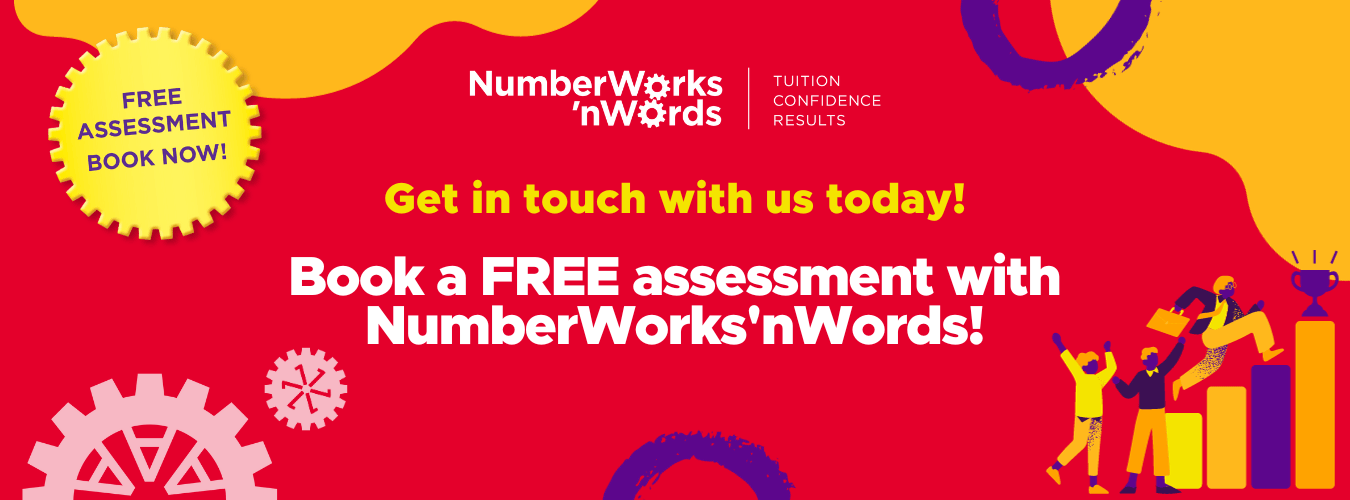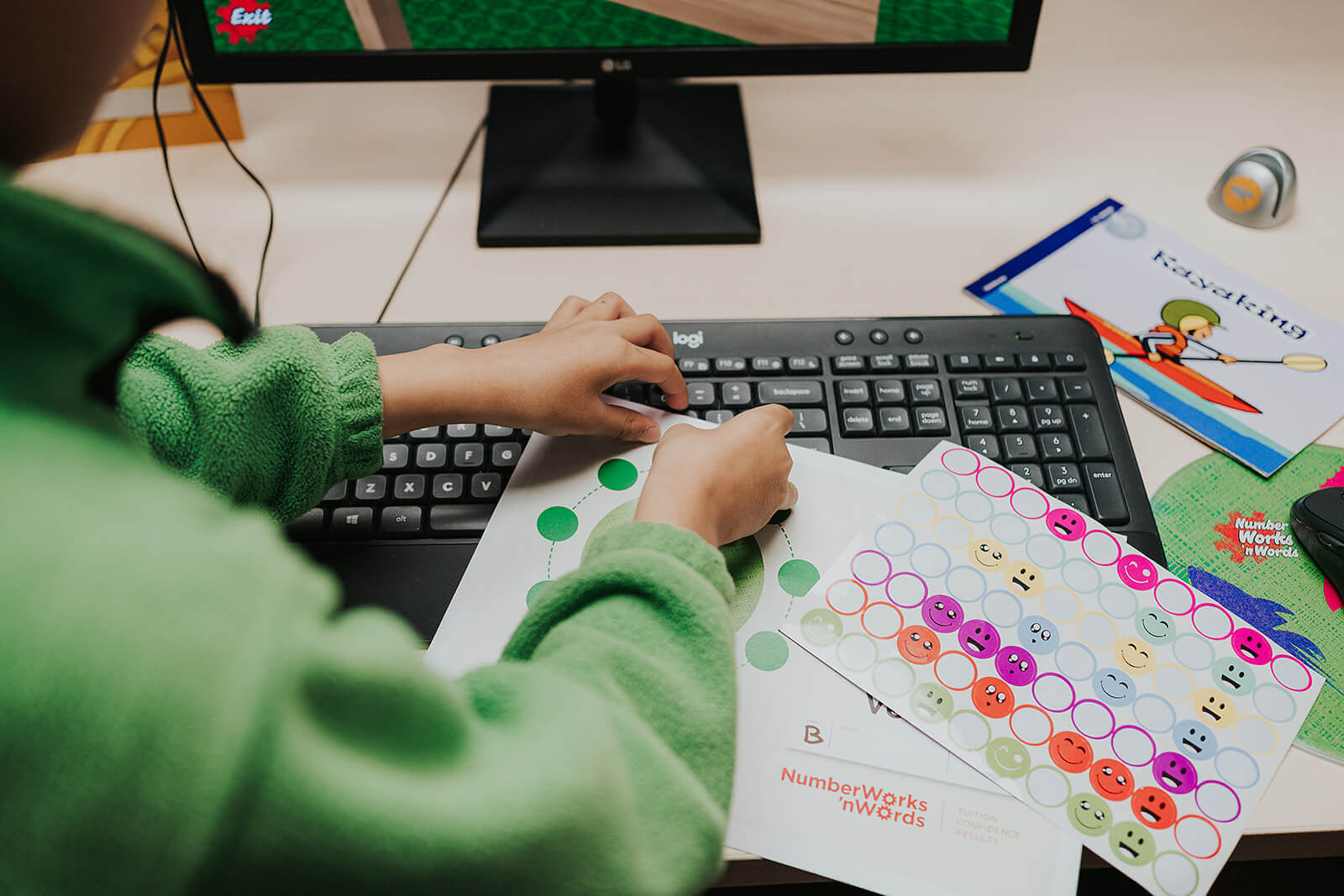End-of-Year Reflections
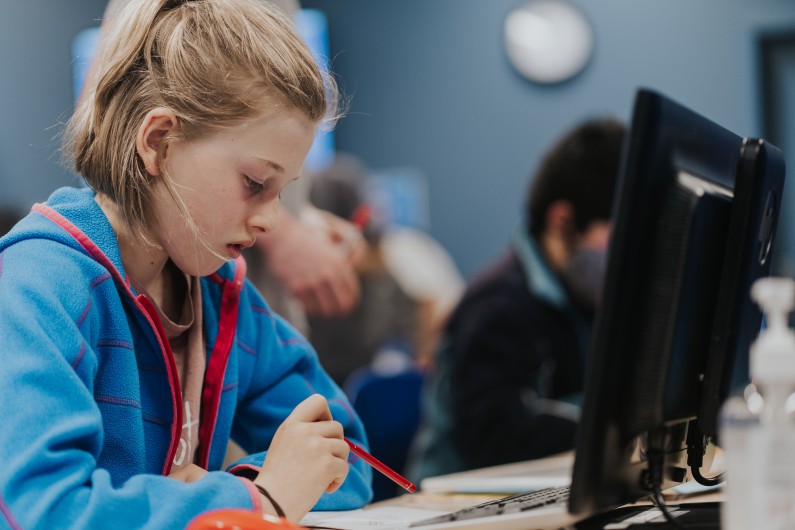
The end of the year is always an exciting time for both children and parents. Children are ready to relax and enjoy the school holidays ahead, while parents are ready to forgo the early morning rush. Although these are exciting times to look forward to, it is tempting to race blindly forward into freedom without looking back.
There is significant value in taking a moment to reflect on the growth of your child, their academic progress and achievements, and newly developed interests.
In this blog, we dive into the benefits of taking a moment for reflection and ideas for how you can help your child reflect on the past year.
Recognise and Celebrate Accomplishments
It’s easy to fall into the trap of only reflecting on the things our children need to improve on. However, end-of-year reflections also provide us a chance to celebrate our children’s efforts, hard work, and achievements.
Rather than spending time focusing solely on the weaknesses, think about all the successes, the positive changes your child has made, the accomplishments they’ve achieved, and the goals they’ve reached throughout the past year. No matter how successful, big or small, make use of end-of-year reflections to recognise and celebrate your child’s successes.
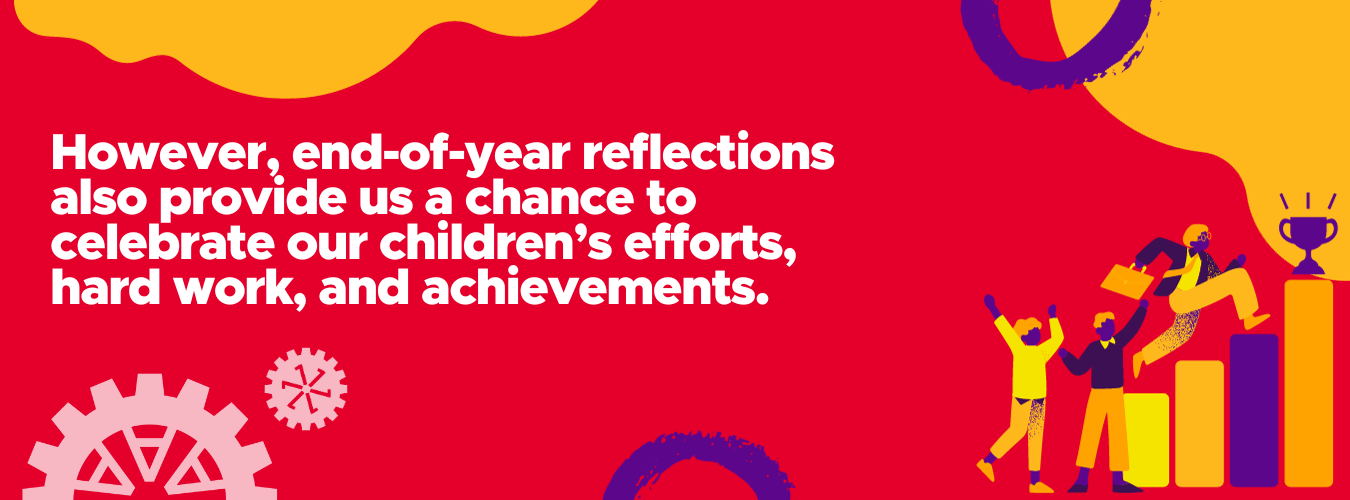
Revisit and Evaluate Goals
End-of-year reflections are a great time to help your child evaluate the goals they’ve set during the year. It is important to understand that our children may not achieve all the goals that they set, perhaps because they were too big or too difficult.
However, revisiting to reflect on lessons from the past and goals that were set for your children enables us to openly discuss and address why they didn’t reach their goals, how they can do better next time, and what you can do to help them along the way.
On top of that, make the most of the idea of one year post-reflection, by creating an action plan for your child and helping them set some new goals or challenges that they may want to take on in the following year.
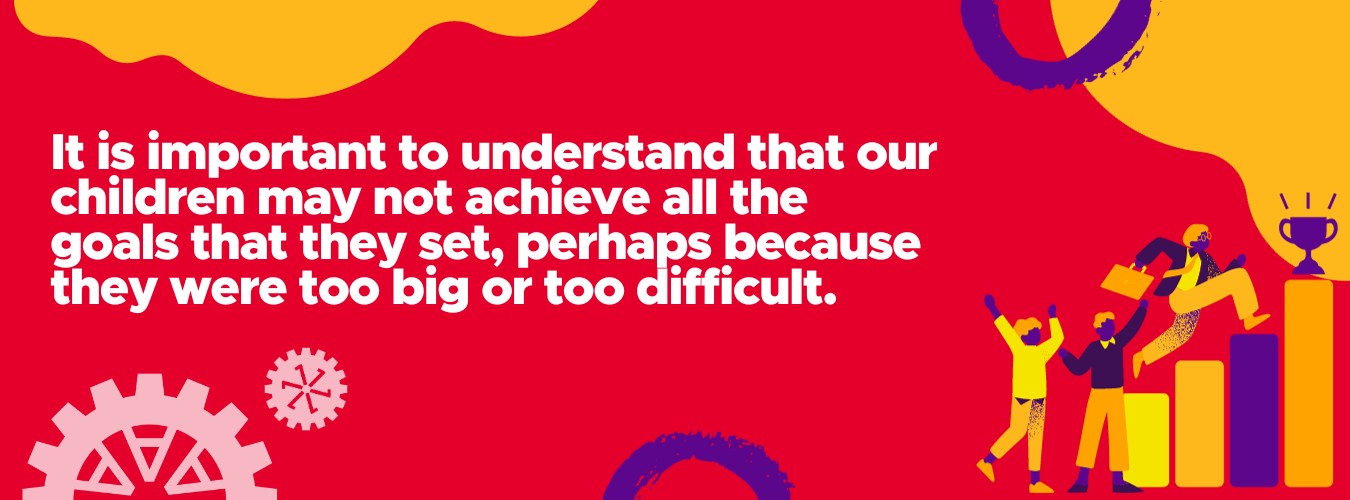
Develop Skills
Encouraging end-of-year reflections is an important practice for children, as it builds upon vital learning skills that will benefit them beyond their school years. The act of reflection sets children up to become critical thinkers, with the ability to understand themselves better, learn from their experiences, discover what they enjoy or dislike, and develop their skill set.
The end of the year provides an excellent opportunity to prompt children to engage in reflective exercises. This practice not only improves skills like memory recall, questioning, investigation, explanation, and contemplation but also fosters a valuable competency in children. Reflection proves beneficial not only in academic settings but also in their future careers and personal lives.
Cultivating this skill assists children in making a positive transition into school holidays, enabling them to glean insights from the past year and contemplate the challenges and opportunities that lie ahead in the coming year and beyond.
Learning the skill of reflection early in life helps set children up to become critical thinkers, who can learn from their achievements and mistakes. Reflection is a competency that is beneficial for children in both school and in life.
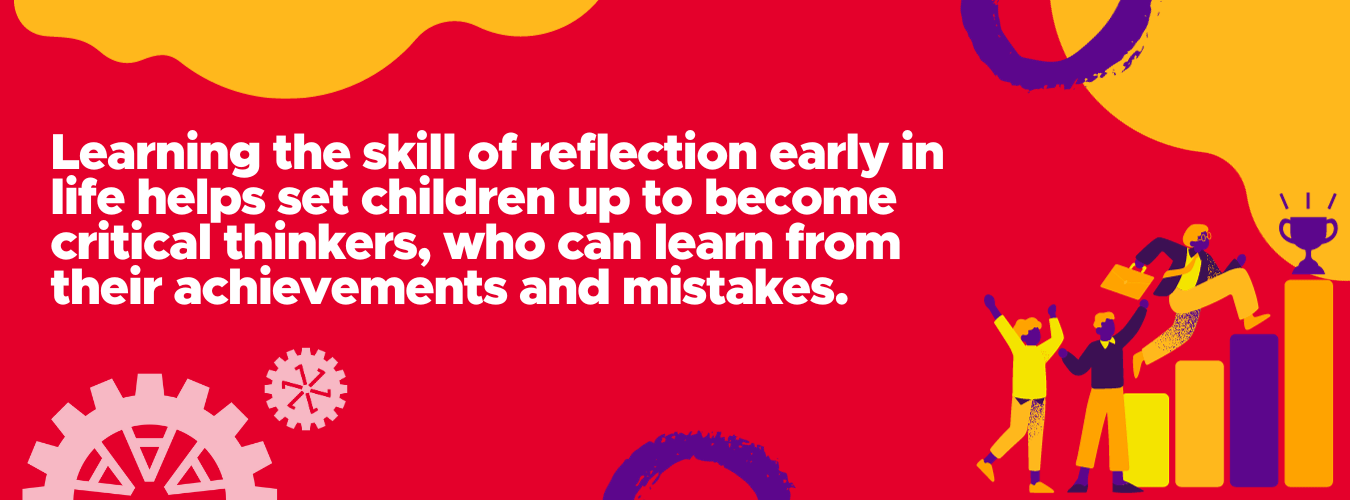
Self-Awareness
Reflection is a key component of emotional intelligence. The act of reflecting helps children to understand themselves better, enables them to discover their likes and dislikes and reconcile their weaknesses and strengths. It is important to mentor children and support them in building strong reflection skills.
This helps children to establish a strong sense of self and an understanding of who they are. The process of self-reflection questions allows children to contemplate what makes them happy and where their interests lie. Ask questions that might help children to unearth enthusiasm for maths, English, computing, or art, and their success can set them on a trajectory to achieving highly in the areas they decide they are passionate about.
Understanding Others
As well as helping children to recognise and develop self-awareness, reflection can also help children to recognise and understand others. Reflecting on interactions with friends, family, and teachers can help children to better describe and understand their relationships with others, and what makes them tick.
Reflecting on feedback from parents, friends and teachers also helps children process the information, ideas and advice they have been given, and better understand their reactions to feedback, praise and criticism. Taking the time to reflect on both positive and negative interactions and experiences helps children to grow.
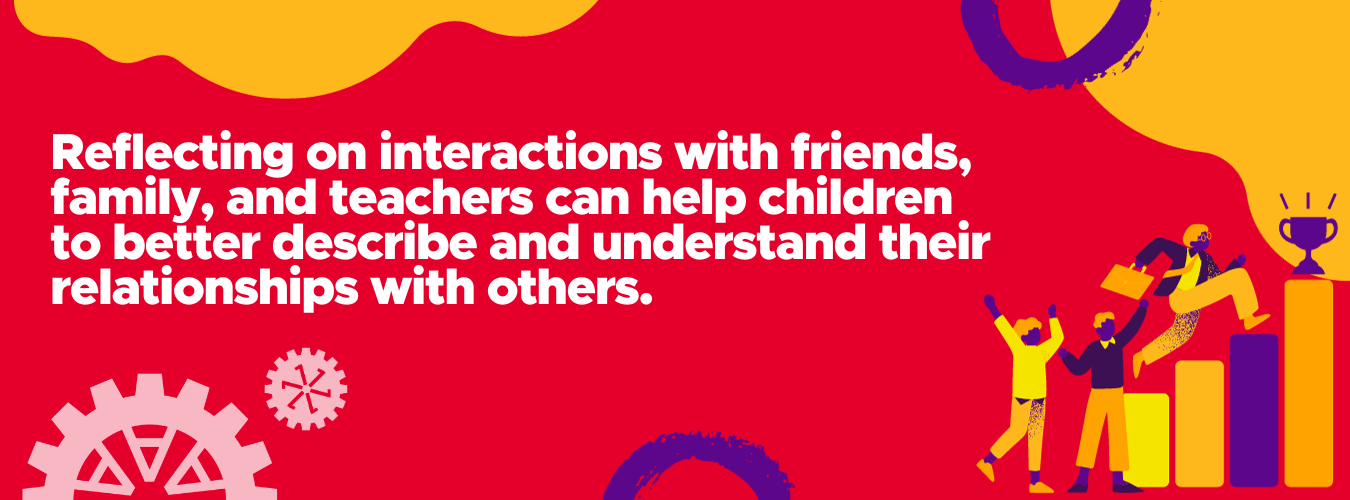
Personal Development
Radical growth is often born from adversity, challenges, or difficult experiences, that push us to go beyond our existing limitations. When children encounter a challenge, whether that is struggling to grasp a maths concept, failing a test, losing a friend, or making a mistake, it is important to encourage them to use it as an opportunity to grow.
Reflection is a key tool for cultivating this growth. Help your child to think through what happened, what went wrong, and how they can learn from all the things they experience, to do better next time. This first-year reflection might be an informal practice of asking your child questions in a supportive manner which allows them to be vulnerable, or it might be a more structured approach, where they are given a few writing prompts, and make note of their thoughts and feelings.
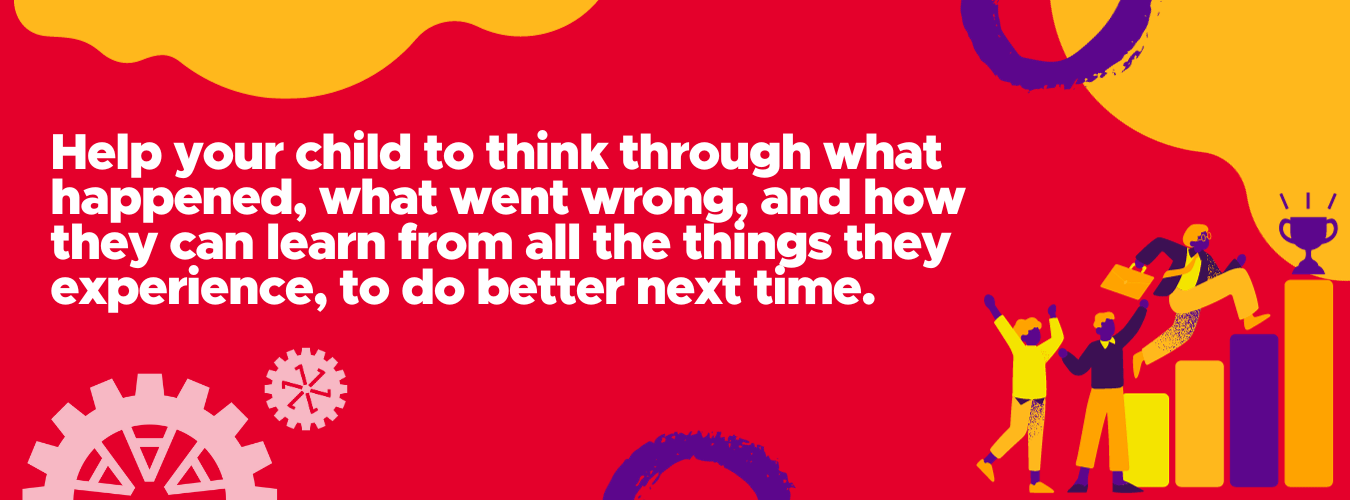
Zero in on Weaknesses
End-of-year reflections are an effective way to address your child’s weaknesses, especially their academic performance and discuss future steps to help them overcome challenges. It gives children the opportunity to open up about their struggles during the year and what subjects they didn’t enjoy or need additional support with.
You might notice that their grades are lower in English or maths, so discussion around enrolling in after-school tutoring with NumberWorks’nWords might be a good option for the following year. Use this year's reflection as an opportunity to zero in on your child’s weaknesses and offer advice and additional support for the next year ahead.
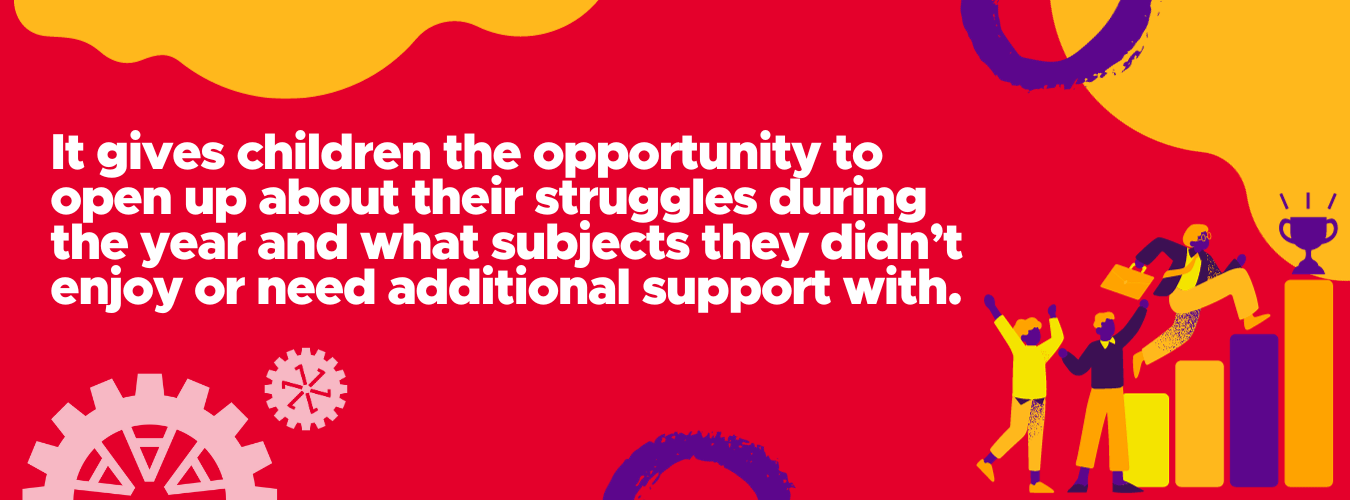
Building Confidence
Through understanding both themselves and others better, and focusing on personal growth, children naturally build confidence. Reflection helps children to develop a secure and confident knowledge base, and sense of self, that empowers them to take on new challenges, learn from mistakes, and try new things.
Help your children to make reflection and gratitude a habit and incorporate it into their routine. This practice allows children to nurture contemplation skills and accept the ups and downs that life throws at them while building resilience and confidence to take on future challenges with success.
Reflection is one of the keys to personal growth and development. By making reflection a habit, children learn to appreciate their strengths and make choices that align with their interests and values. It can also help children to self-identify weaknesses and focus on developing themselves in these areas.
Our proven approach to maths and English tutoring helps children develop foundational skills and more knowledge and focuses on closing learning gaps. If you would like to learn more, contact your local centre or book a free assessment!
